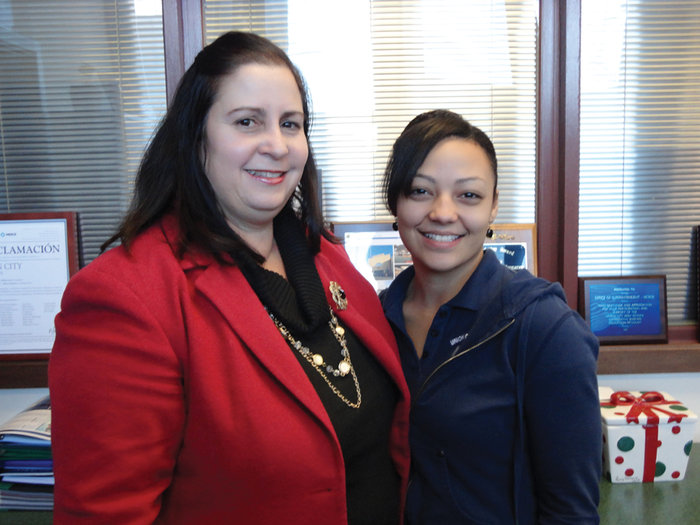The state Board of Education put together a volunteer task force in December to address the longstanding issue of how race and class affect students’ educational achievement. The 10-member group – comprised of college professors, superintendents, and other educational professionals – will examine the reasons why the state’s white and more affluent students perform better on standardized tests than their poorer and minority counterparts, and will make recommendations to the state’s board and policy makers as to how best to address the disparity.
“It is the state Board of Education’s mission to help provide every child in New Jersey with an excellent education regardless of their race, ethnicity, socioeconomic group or sex,” state board President Arcelio Aponte announced in a press release. “I am confident that the…Closing the Achievement Gap Task Force will produce proven and practical methods that school districts across the state can use to help all students achieve at high levels.”
“Union City is a district that does very well with less.” – Silvia Abbato
____________
“Union City is a district that does very well with less,” Abbato said. “Are we perfect? No. We still have a lot of improvements to make, which is why I’m glad to serve on this task force and have the opportunity to learn from what is going on in the rest of the state”
The task force receives support from the Department of Education, the Office of the Acting Secretary of Higher Education/Commission on Higher Education, and the Education Testing Service.
The children left behind
According to a state school board press release, in 2010, black fourth-grade students statewide earned 30 percentage points lower in NJ Assessment of Skills and Knowledge (NJ ASK) testing in language arts and math than white students. Statistics showed the gap to be larger between students who were “economically disadvantaged.”
“What prevents minorities and at-risk students from achieving what they should and getting ahead?” Abbato asked. “This is what the task force is determined to find out.”
She continued that the task force will hold in-state regional forums where individuals, school systems, and educators will be given the chance to provide input into initiatives.
Thus far, they have already held around four meetings. They will meet once a month in Princeton at the ETS center and release a report by the end of the year.
She said she was chosen specifically as a representative from Union City because the school system is considered one of the highest-achieving districts in the state, whose achievement gap between more affluent white and poorer minority students is far smaller than the state average. Union City also has the largest Hispanic population in the state, 84.7 percent according to the U.S. Census Bureau in 2010.
Union City sets a precedent
As assistant superintendent of Union City’s schools for curriculum and instruction, Abbato said the programs often cater to special needs and students whose primary language is not English.
Teachers are using iPads, SMART Boards, and iPods to help students approach learning more visually.
“The technology helps them to visualize the concepts and bridge the language gap,” Abbato said.
Union City is known as an “Abbott” special needs district. In 1985, the state’s Education Law Center filed a case known as Abbott v. Burke with the state Supreme Court, which ruled that public education in the state’s poor communities had to be brought up to parity with other districts. Urban “Abbott” districts received special state funding.
Abbato said that Union City has been able to use this funding appropriately and efficiently, where others have not.
Abatto comes from a veritable educational Von Trapp family. Her son Michael is a teacher at Emerson Middle School, her father was a guidance counselor at Union City’s former Emerson High School, her mother taught in Newark, her husband Chris teaches at Union City High School, and her sister is the principal of the city’s Early Childhood Center.
Gennarose Pope may be reached at gpope@hudsonreporter.com
